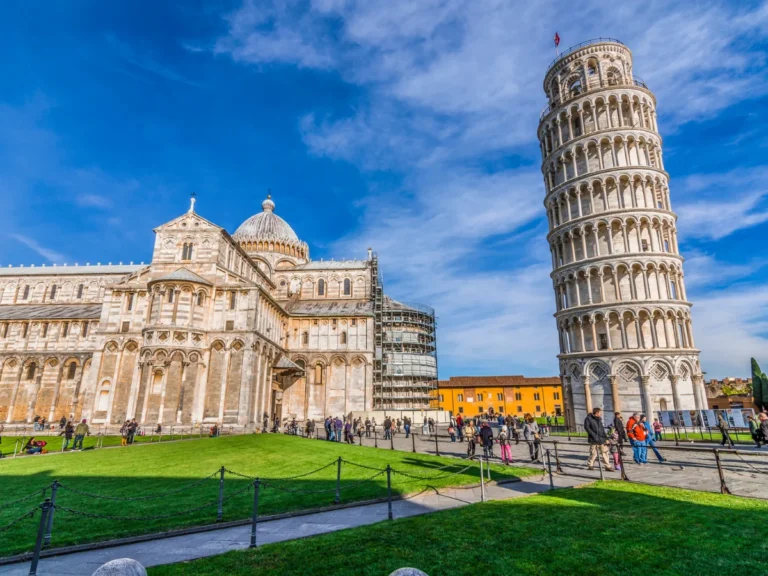Judges were pivotal in administering justice in Rome
Judges were pivotal in administering justice in Rome. They presided over various courts, interpreting and applying Roman law. Selected based on qualifications and impartiality, judges played an active role in legal proceedings. Adjudication involved careful consideration of evidence and legal principles. Verdicts were rendered based on the facts of the case. The legacy of Roman judges endures, influencing modern legal systems worldwide. Principles of impartiality and due process established by Roman judges continue to shape legal practice today. Through their role, they contributed to the development of legal principles that persist in modern jurisprudence.

Judges were pivotal in administering justice in Rome
In ancient Rome, judges played a crucial role in administering justice and upholding the rule of law. These judges, known as iudices, presided over various courts and were responsible for interpreting and applying Roman law to resolve legal disputes.
Types of Judges
There were different types of judges in ancient Rome, including those who presided over civil cases, criminal trials, and administrative matters. Each type of judge had specific responsibilities and powers within the Roman legal system.
Qualifications and Appointment
Judges were typically selected from among the Roman citizenry based on their education, experience, and reputation for impartiality. They were appointed to their positions by magistrates or elected officials, depending on the court in which they served.
Role in Court Proceedings
Judges in ancient Rome played an active role in court proceedings. Overseeing the presentation of evidence, questioning witnesses, and rendering verdicts based on the facts of the case and the application of Roman law.
Adjudication Process
Legal proceedings in ancient Roman courts followed a structured format, with judges carefully considering the arguments presented by the parties involved, weighing the evidence, and applying legal principles to reach a decision.
Legal Interpretation
One of the primary responsibilities of judges was to interpret and apply Roman law to the specific facts of each case. They relied on legal precedents, statutes, and customary law to guide their decisions and ensure consistency in the administration of justice.
Verdict and Sentencing
After hearing all the evidence and arguments, judges would render a verdict, determining the guilt or innocence of the accused in criminal cases or the rights and liabilities of the parties in civil disputes. If the accused was found guilty, judges would also pronounce a sentence, imposing penalties or sanctions as appropriate.
Legacy
The role of judges in ancient Rome left a lasting legacy in legal history, influencing the development of legal systems in Europe and beyond. The principles of impartiality, due process, and the rule of law established by Roman judges continue to shape modern legal practice and jurisprudence.



